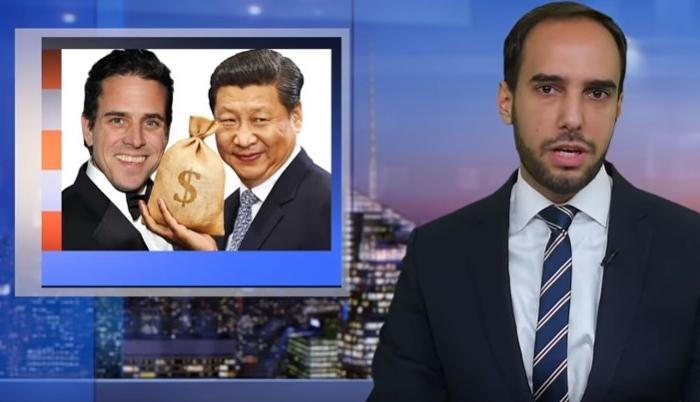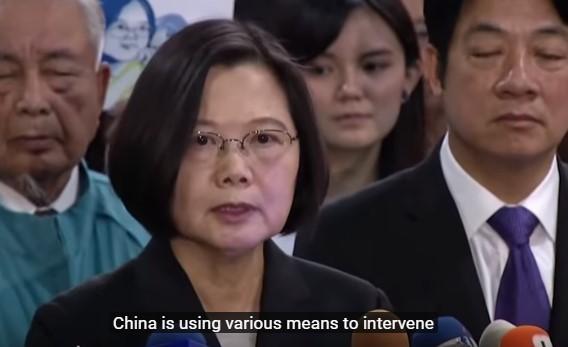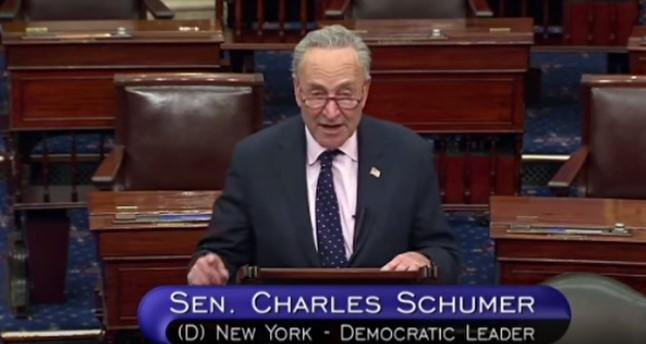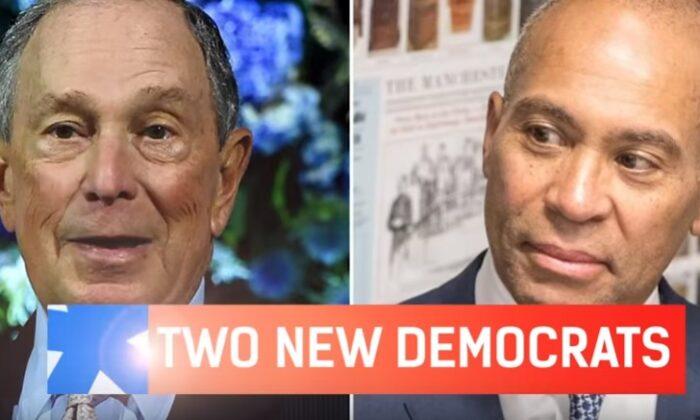At first you might think it a bit odd that a Tibetan nongovernmental organization (NGO) would bully and intimidate the daughter of a Chinese dissident at the UN Human Rights Council in Geneva. Tibet has suffered under years of brutal occupation by the Chinese Communist Party; they should be on the same side, right?
Well, as it turns out, the Chinese regime has come up with some pretty insidious ways to push its agenda.
Ti-Anna Wang is the daughter of medical doctor and Chinese democracy advocate Wang Bingzhang. He’s currently serving a life sentence in China for trying to set up an opposition political party, or as the Chinese regime called it, “espionage and terrorism.”
At the recent March meeting of the UN Human Rights Council in Geneva, Ms. Wang noticed someone in back of her was stealthily taking photos of her and her laptop. Since at this meeting there are many dissidents from around the world that have brutal regimes trying to make these people a little less alive, that’s a major no-no. The U.N. called it a clear act of intimidation.
The Chinese man photographing Wang was from the China Association for Preservation and Development of Tibetan Culture, a Beijing-based NGO. One might imagine that its work should involve the development and, probably, preservation of Tibetan culture.
Actually, it turns out that its headquarters is located on the most heavily guarded street in Beijing, in all of China, really. It sits right next to the United Front Work Department headquarters. That’s the department that manages and monitors people who aren’t in the Communist Party, including minorities and overseas Chinese, and right across the street from Zhongnanhai, which is the central leadership compound where China’s top officials live and work.
So why would an NGO (remember, that means nongovernmental organization) have its headquarters there? Simple. It’s because, according to its own website, most of the NGO’s leaders also hold high-ranking positions in the United Front Work Department and the Communist Party.
And who says government officials are lazy and corrupt? Look at these hardworking multitaskers! And it’s so convenient, because they can just walk across the street from their government jobs to their jobs at the nongovernmental organization. So after a long day at the United Front Work Department, whose responsibilities include “overseeing the implementation of Party policy in the Tibetan areas of China,” they have just a short walk to being a hypocrite.
So basically, it’s an open secret that the Chinese Communist Party is behind several Chinese NGOs and it uses them to push government policy and intimidate and spy on dissidents abroad. But this time, the United Nations took a hardline with the Chinese so-called NGO. It banned the man caught taking the photos from attending further Human Rights Council sessions—in Geneva. The NGO as a whole is still accredited and can still come.
Bravo.
But I wouldn’t want you to think that’s how things usually happen at the U.N. Human Rights Council. No, often it’s the official Chinese delegation that you have to watch out for. After all, the Chinese regime cares a lot about how the international community views it and it won’t hesitate to act like 5-year-olds to get the kind of respect it deserves.
In March of last year, World Uyghur Congress President Rebiya Kadeer spoke at the council meeting. The official Chinese delegation threw its microphones to the ground.
In September, a China researcher gave a presentation about China’s on-going persecution of Falun Gong. The Chinese delegation kept interrupting the speaker by shouting, “Point of Order” for 10 minutes, until people started laughing at them. Then they started sneaking photos of the speaker.
And at the same meeting that Ti-Anna Wang had her unexpected photo-shoot, when the Council tried to have a minute of silence to commemorate the death of Chinese activist Cao Shunli, who died from medical neglect after six months in detention after attempting to go to human rights-related training sponsored by the U.N., the Chinese delegation argued and refused to allow it.
So clearly, China is having a hard time understanding the concept of human rights. Not to worry, because just last November, a country was elected to the U.N.’s Human Rights Council that really gets it, and can communicate with China. That country is—China. As a member of the Human Rights Council, China is sworn to “uphold the highest standards in human rights,” according to the United Nations mandate. I think we can all rest comfortably knowing that China will make every effort to ensure that China starts improving its dismal human rights record.
But China won’t stop there. Just this January, China was elected to the Executive Board of the United Nations Development Program (UNDP), and one of its main goals, according to its website, is “building democratic societies.” How long can China deny Chinese people democracy under pressure from China? I bet China will also really help out their fellow executive board member Iran with the “empower women” goal.
But just in case China ever fails to live up to the mission of the human rights and democracy building organs, it’ll have to deal with the scorn of the five permanent member countries of the U.N. Security Council.
Of which China is one.
China Uncensored: China and the United Nations
How does China, a leading human rights violator and territorial aggressor sit on the United Nations Security Council and the UN Human Rights Council?
3/28/2014
Updated: 4/7/2014



